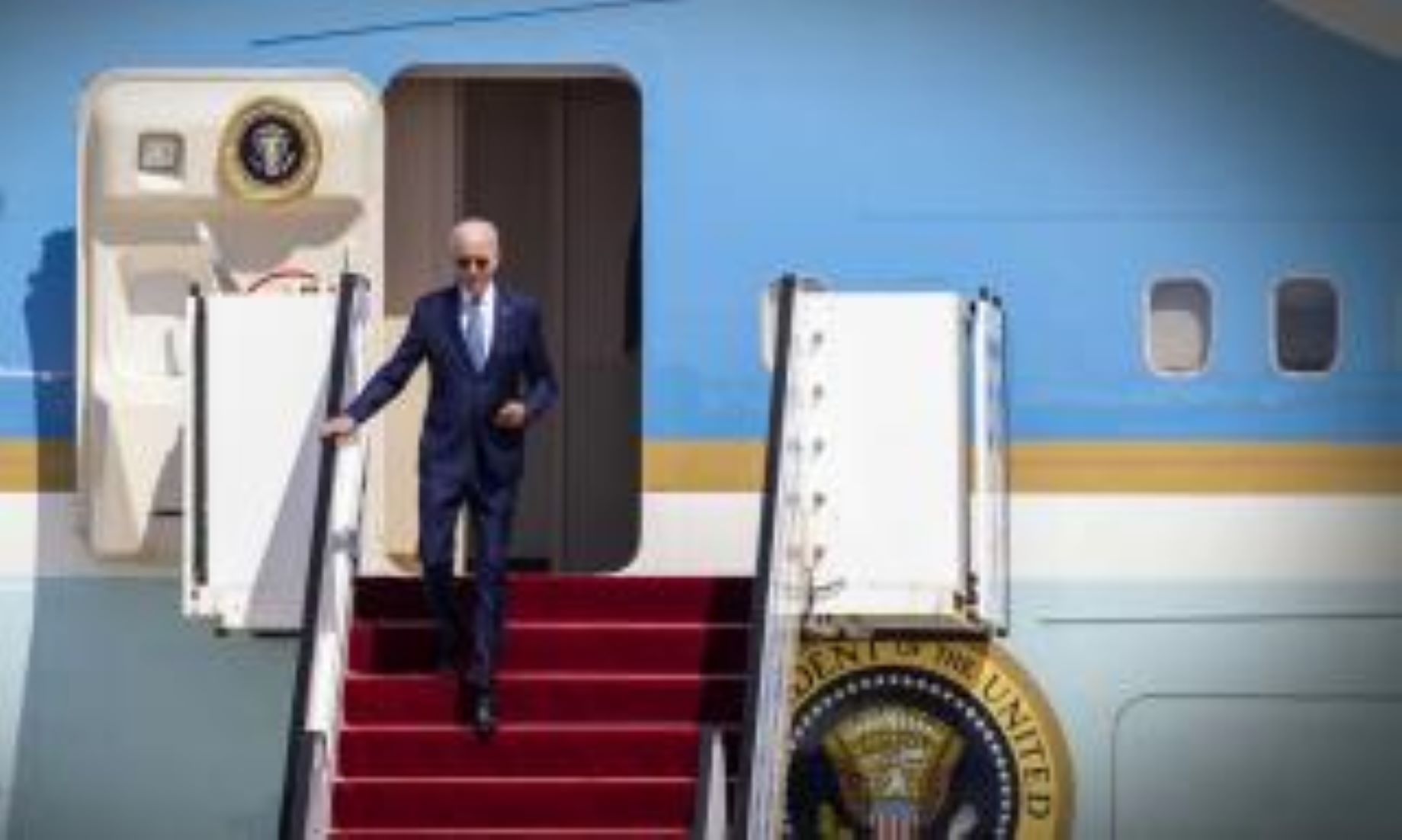JERUSALEM, Jul 20 (NNN-PNA) – Joe Biden’s first visit to Israel and Palestine as U.S. president, left only hollow commitments and could not resolve the Israeli-Palestinian conflict, Israeli experts said.
Tovah Lazaroff, deputy managing editor of The Jerusalem Post, wrote that, though Biden spoke of a future of peace, he didn’t take any steps during his visit, to advance an end to the conflict, and the Jewish settlement expansion in East Jerusalem and West Bank still continues.
Meanwhile, according to Biden’s announcement, the U.S. funding for the UN Relief and Works Agency for Palestine Refugees (UNRWA), would drop 15 percent from last year, he said.
“The statement by U.S. President Joe Biden in Bethlehem, didn’t provide a groundbreaking U.S. position on anything related to the Israeli-Palestinian conflict,” said Jack Khoury, political corespondent with the Israeli newspaper, Haaretz.
He said that, Biden positioned himself somewhere between his predecessor Donald Trump, who strived to shatter the Palestinians’ dream for a homeland, and former Democratic President, Barack Obama, who pushed for a peace agreement between the Israelis and Palestinians, but abandoned the bid after failing to achieve a breakthrough in 2014.
“The Palestinian side realises that the Biden administration isn’t about to present guidelines for a permanent solution or convene an Israeli-Palestinian peace conference,” a senior Palestinian official, who attended the meeting with Biden was quoted as saying by Khoury.
Besides the Israeli-Palestinian conflict, the outlook of Israel’s relations with Arab countries and integration into the region is also believed to be grim, experts said.
Ben Samuels, also from Haaretz and the only Israeli journalist that flew with the White House press delegation from Israel to Saudi Arabia, wrote in his analytic article that, “the United States has all but uncoupled Israel from the Palestinians, following in President Donald Trump’s footsteps and centering Israeli policy around Arab normalisation and regional integration.”
Samuels argued that, the “dreams of a new Mideast reality in the immediate future were met with the stark realisation that the Palestinians are not going anywhere.”
Eytan Gilboa, an expert on the U.S.-Israel relations at the Bar-Ilan University and a senior fellow at the Jerusalem Institute for Strategy and Security, believed “Biden wants to demonstrate that he has learned the lessons of the past.”
The Obama administration had a different approach as Obama’s first two visits to the Middle East bypassed Israel, Gilboa noted, saying that, Obama’s aim was to “distance Israel in favour of reconciliation with the Muslim world.”
“Biden’s visit to Israel aims to please, but may alienate all parties instead,” read the title of an opinion piece, published in the Israeli newspaper Hayom.
Zvi Bar’el, a research fellow at the Truman Institute, the Hebrew University, Jerusalem, believed “the Middle East wasn’t waiting for Biden, who returns home with not much but hope.”
“Biden presented Israel’s integration into the Middle East as one of the main objectives of his visit. Yet here, too, he received a cold shoulder. Peace and normalisation with Israel – these are not identical terms,” Bar’el said, citing Saudi officials’ remarks that, the two countries will not establish diplomatic relations, as long as the Israeli-Palestinian conflict is not resolved. The Arab leaders attending the Jeddah summit with Biden “did not mention Israel at all, there.”
“They only agreed on the need to cooperate. No details were provided regarding operational plans, nor on any establishment of coordination or schedules for continued talks, and perhaps there are none to provide,” he added.– NNN-PNA





